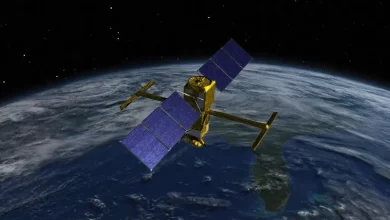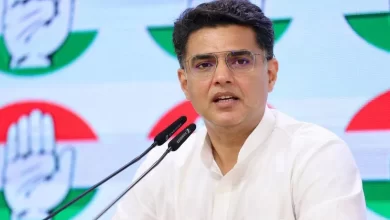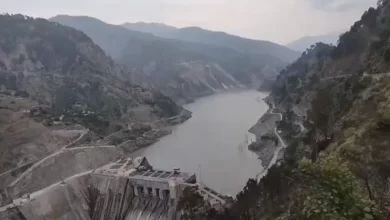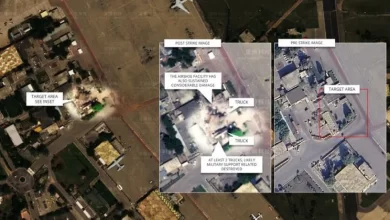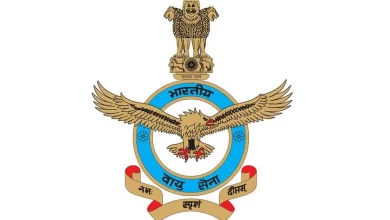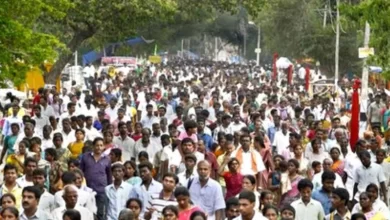PM Modi stresses on integrated response to disasters


Prime Minister Narendra Modi virtually addresses at the international conference on ‘Disaster Resilient Infrastructure’, on Tuesday, April 4, 2023.
New Delhi: Prime Minister Narendra Modi on Tuesday underlined the need for an integrated response to disasters, saying disaster in one region can have a big impact on a completely different region in a closely connected world.
In his video address at the fifth International Conference on Disaster Resilient Infrastructure 2023, he noted that 40 countries have become part of the Coalition for Disaster Resilient Infrastructure (CDRI) in a few years.
Bangladesh Prime Minister Sheikh Hasina also delivered a video message.
The conference has become an important platform for advanced and developing economies, large and small countries, and the global north and global south to come together on one platform, Modi said.
He said infrastructure is not merely about returns, but also about reach and resilience.
Infrastructure should leave none behind and serve people, including in times of crisis, he added, stressing on having a holistic view of infrastructure.
Social and digital infrastructure is as important as transport infrastructure, he said.
‘Resilient and Inclusive Infrastructure’ is the theme of this year’s conference.
Recent disasters are a reminder of the scale of challenges facing the world, Modi said while noting the incidents of heat wave which had hit India and Europe, cyclones and also recent earthquake in Turkiye and Syria.
The CDRI arose from a global vision that in a closely connected world, the impact of disasters will not just be local, he said.
It is encouraging that apart from governments, global institutions, private sectors and domain experts are also involved in it, he said.
Along with quick relief, the prime minister emphasised on the need to focus on early restoration of normalcy during disasters. Resilience is built in the times between one disaster and another. Studying past disasters and learning lessons from them is the way,” he added.
Underlining the intelligent use of local knowledge for building infrastructure that can withstand disasters, he said modern technology with local insights can be great for resilience. Further, if documented well, local knowledge may become the global best practice, he added.
Noting the inclusive intent of some of the CDRI initiatives, he mentioned the Infrastructure for Resilient Island States (IRIS) benefitting many island nations.
The 50 million dollar Infrastructure Resilience Accelerator Fund has generated immense interest among developing nations. The commitment of financial resources is key to the success of initiatives,” he said.
Modi asserted that India is bringing the world together this year through its ongoing G20 presidency, and said the CDRI has been included in many working groups of the elite body.
“The solutions you explore here will receive attention at the highest levels of global policy-making,” he added.
According to a CDRI statement, in her address Prime Minister Hasina said, “Since origins of climate change are global, the solution and management would also have to be global. Only if the global efforts and individual countries’ efforts are streamlined through responsive policy, planning and governance, the actions are likely to be successful”.
She said Bangladesh was ready to join any initiative at a regional or global level dealing with the impacts of climate change. Hasina also called for coordinated global efforts and shared vision for climate adaptation mitigation and resilient infrastructure.
The two-day interactive international conference will see a gathering of over 90 global experts from more than 20 countries representing 50 global organisations, the private sector, and academia, the CDRI said.

